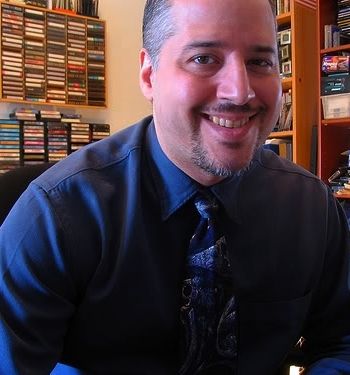Dear friends and followers:
A number of years ago I stumbled across the Netvibes platform, a web-based site that allows one to collect “RSS feeds” (e.g., podcasts and other syndicated content) and organize them in tabs to create a pleasingly visual, convenient way to access content. Utilizing this platform, I created the “ReformingChristianity- Resources for the reforming Christian” Netvibes universe– a collection of fantastic online resources on Reformed theology that I regularly update.
Those following the recent Strange Fire Conference of John MacArthur and friends– that takes on the widespread aberrations of theology present theology of general in the charismatic movement–may be interested in a new tab I have added to this site, titled “Cessationism”, in which I have included excellent resources on cessationism (a major theme of the conference) as well as links to the audio and video from Strange Fire. Cessationism, as most readers of this blog probably know, is a reformed theological position that believes miraculous “sign” gifts such as miracles, tongues and prophecy were given by God to the apostolic community as the Christianity was being established so as to attest that the early leaders and followers of Jesus Christ were indeed authentic messengers of God, with a true message from God. That message– the gospel of Christ, with all its implications for life, would later come to be written down in the collected teachings of the New Testament, via a process guided and overseen by the Holy Spirit. Cessationists believe that with the revelation of God now completely captured in the New Testament writings, there is no need for further revelatory gifts such as prophecy and tongues to be given at this time. Cessationism does not deny that miracles and revelation may be sovereignly given at any point the Lord may so choose, but believe that in these days the Lord has chosen not to give such gifts as a normative pattern, and that the Church finds all it needs for life and godliness available to it in Holy Scripture.
Note: In response to a reader’s comment, I edited the paragraph above to be more precise. I do believe, unfortunately, that the Strange Fire conference was correct to point out that theological aberrations characterize the popular charismatic movement worldwide, whereas as reformed continuationists such as Piper, Grudem , Storms and Carson, who in their respective writings and ministries have made immensely valuable contributions to the Church, are in the minority. MacArthur appealed to these continuationists, whom he considers friends in ministry, to consider whether their openness to the continuation of charismatic gifts has “provided cover” or has lent false legitimacy to those in the popular movement whose theology and practice is at odds with Scripture.






